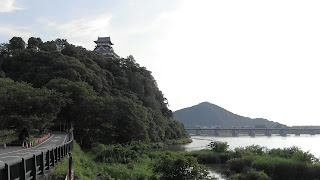Depressed demand weakens the Japanese economy further after the consumption tax hike
Indexes of business conditions for October 2019 released by the Cabinet Office showed coincident index fell to 94.8, the lowest in 6 years and 8 months.
Indicators showing production and shipment were deteriorated caused by overlapped consumption tax hike and large typhoons.
In the household survey announced on the same day, consumer spending in October decreased 5.1% year-on-year.
The Japanese economy is expected not to pick up for the time being and it is concerned that the stagnation will be prolonged.
Indexes of business conditions fell 5.6 points month-on-month bases, the largest decline since March 2011 when the Great East Japan Earthquake occurred.
This situation is more severe than April 2014 tax hike which induced the index to decrease by 4.8 points, indicating a high possibility of a recession.
Retail sales, durable goods shipments, and industrial production incurred the biggest decline. Fading last-minute demand after the tax hike caused weak business in automobiles and home centers leading retail sales to fall.
The typhoons which landed Japan also forced stores to close and customers to stay at home. It also dragged durable goods shipment down by slowing parts procurement of excavating machines.
Industrial production was dragged by the US-China trade war casting a shadow on the world economy.
Even the employment which has been strong so far satarted turning downward.
The Japanese government provides point benefits to consumers when they purchase products, services etc. by cashless payments so that consumption does not drop sharply after the tax increase.





Comments
Post a Comment